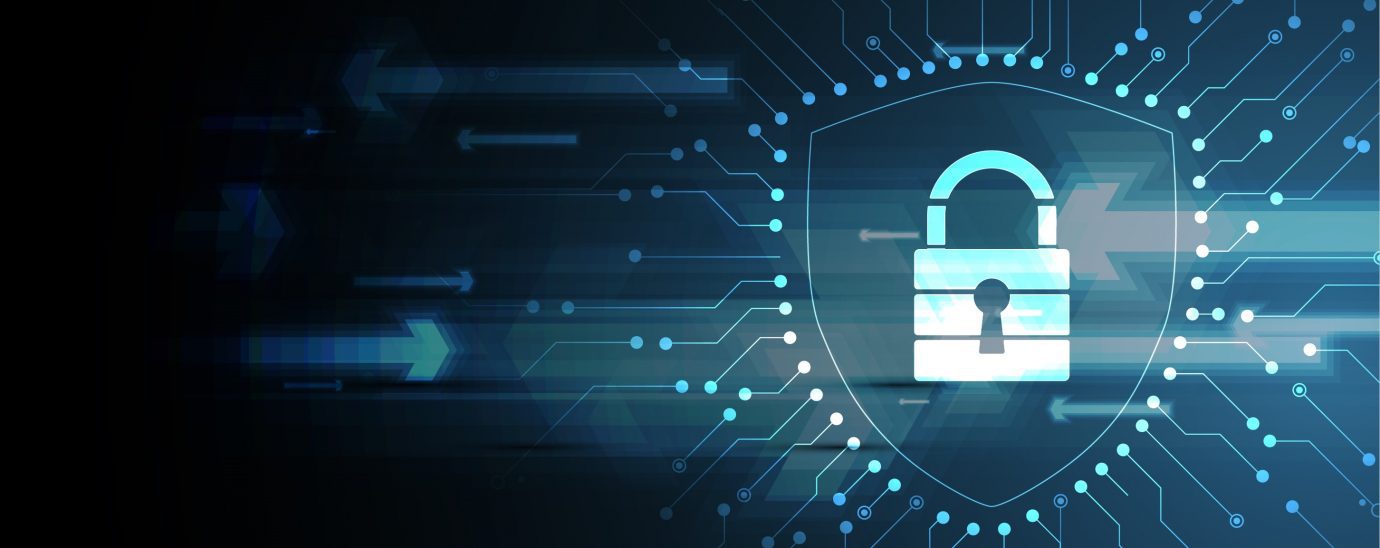Confused about data governance, privacy & security?

Michael Queenan, co-founder and CEO of Nephos Technologies, explains the difference between these three business critical data strategy principles.
Data governance, data privacy and data security. Core to every organisation’s data strategy and a boardroom responsibility, their natural overlap often causes confusion for non-specialists. Let’s simplify what each of these three terms mean for your business.
1. What is data governance?
This is the starting point and bedrock for a strong data strategy. The lynchpin to everything. Fail to establish solid data governance and you’re unlikely to achieve adequate levels of data privacy or data security.
Technology analysts Gartner define data governance as “the specification of decision rights and an accountability framework to ensure the appropriate behaviour in the valuation, creation, consumption and control of data and analytics.”
In plain English, data governance is establishing formal rules within your organisation for 1) who has authority over 2) which data assets and 3) how those assets can be used.
Although selective areas of your business may do this to some degree, data governance is all about treating data holistically across the organisation. So, as a business, you need to determine the methods, responsibilities and processes so that data can be formally standardised, integrated, protected and stored.
Business benefits of good data governance
This systematic, cross-business approach will minimise risks and keep you in control. It will also:
- establish clear internal policies, metrics and processes for better compliance
- increase the value of your data
- prepare the business to scale up
2. What is data privacy?
With data governance in place, step two is to apply privacy controls to your business. This means 1) protecting the privacy of any personal data that your organisation stores or processes and 2) being able to prove that you comply with the law in this respect.
Data privacy generally applies to personally identifiable information (PII) and personal health information (PHI) connected to your customers and prospects but can extend to your partners, staff, suppliers and so on.
The latest General Data Protection Regulation (GDPR) insists that businesses do this with transparency and simplicity. For example, it needs to be clear to customers or users:
- what information you are collecting
- who is collecting it
- how it is collected
- why it is being collected
- how it will be used
- who it will be shared with
Why data privacy is an important focus for your business
Data are possibly the biggest assets a business owns, so it’s key that you nail these aspects in terms of business asset management and regulatory compliance. The fallout of a failure to protect customer data privacy can ring the death knell for a business. The trust you worked so hard to build up can be wiped out overnight.
3. What is data security?
Data security refers to the processes and tools that protect sensitive information assets so they are secure and available.
In the real world, it’s about protecting the hardware in your office, at home, at your data storage or backup centre, or the laptop in your staff member’s backpack as they’re cycling to a meeting.
In the digital world, it’s protecting digital information from corruption, unauthorised access and theft. That’s anything from securing against basic human error to dealing with a cyber security attack and ransomware.
When protecting personal data, four key security methods include:
- Encryption so that personal data are difficult to read or alter by unauthorised parties
- Masking so data appear to have a lower value
- Deletion from your systems when data are no longer legally active
- Backup copies of data, so they are recoverable even if the original data are corrupted or stolen.
The internationally recognised Cyber Security Framework from the US Commerce Department’s National Institute of Standards and Technology (NIST) is the foundation of most standards. It breaks the framework into five actionable areas. Your business needs to be able to:
- IDENTIFY your weak spots. Audit your systems and services – your assets, data, people, data flows etc. This will allow you to identify where you might be vulnerable to hacks or breaches.
- PROTECT your systems and services according to how critical and sensitive each one is.
- DETECT security anomalies in real time through monitoring and alerting.
- RESPOND to an attack or breach according to an established protocol – be clear on who should do what and when.
- RECOVER your systems and services should the worst happen. Plan your recovery, including agreeing the order of recovery of systems and services.
READ MORE:
- Dot the I’s and cross the T’s: data management requirements for the legal sector
- Hackers target home Wi-Fi routers to steal data
- Data security and compliance: why prevention is better than cure
- 4 easy tips for to ensure data protection
American journalist Edward R. Murrow wrote, “Anyone who isn’t confused really doesn’t understand the situation.” However, hopefully, data governance, data privacy and data security will seem less confusing now.
For more news from Top Business Tech, don’t forget to subscribe to our daily bulletin!
